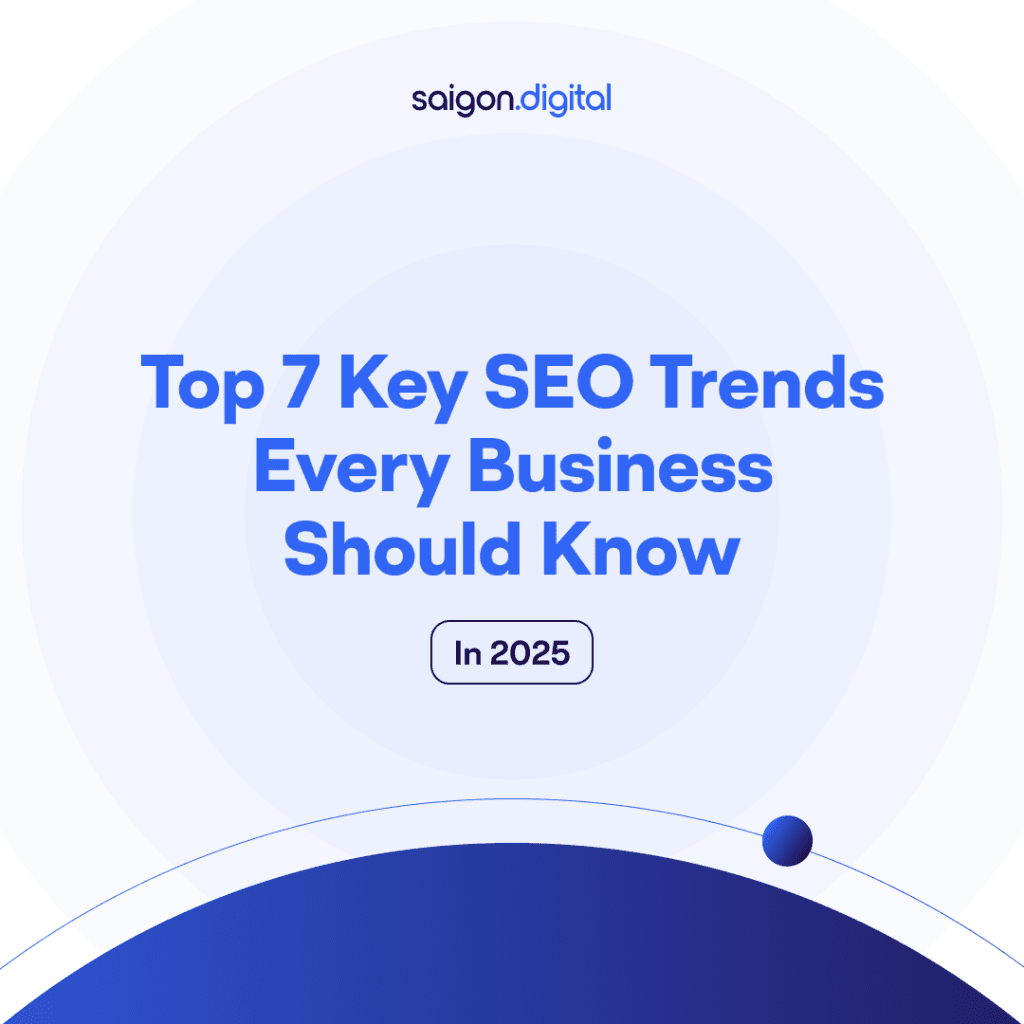
1. Artificial Intelligence and SEO
AI has become integral to SEO , impacting both search engine algorithms and the tools specialists use. Adapting to AI-driven SEO is now essential for businesses to stay competitive.The Role of AI in Search Engines
Search engine rankings are increasingly influenced by artificial intelligence. Google's AI algorithms have advanced to a point where they can now comprehend search intent more accurately than ever before. Just last year, in May 2024, Google deployed its AI Overviews (AIO), showing generated answers to users’ queries. Just 6 months later, this new feature had appeared in about 20% of searches, according to SE Rankings. An AIO was included in more than one-third of the result page for major industries with heavy informational intent, such as technology and business, which leads to many blogs seeing a drop in click-through-rate. Because of this specific backlash from content creators, Google has now added citation links in its AIO. What’s more interesting, based on this Semrush’s study , is that most of those citations don’t come from current top ranking links but from websites with lower traffic. With AIO, websites that aren’t currently high on ranking now have the opportunity to appear in front of more users. Excellent, reputable, and original content that addresses particular queries is still necessary for any website wishing to receive an AIO citation. In the end, content is still king .AI as Tools for SEO
With the introduction of AI tools such as ChatGPT or Google Gemini with their ability to collect information and craft content in a blink of an eye, SEO seemingly has never been easier. Many SEO tools such as Semrush, Ahrefs, etc are now implementing AI in their software, ensuring that users have a smooth and fast experience in their SEO journey. From automated keyword research and content gap analysis to predictive analytics and personalised user experience optimisation, AI-powered tools enhance every aspect of search engine optimisation. By leveraging AI, SEOs can move beyond guesswork, making data-driven decisions that improve website visibility and drive organic traffic, ultimately gaining a crucial competitive advantage in the digital landscape However, while AI tools can assist with multitudes of tasks, relying exclusively on automation is not the solution. In March 2024, Google released an algorithm update that crackdown on sites that contain a lot of low-quality AI generated content. Companies should strive to produce content that is truly helpful and interesting for users in addition to being search engine optimised.
2. User Needs versus Keyword Targeting
For SEO success in 2025, prioritize users, not just keywords. Create content that directly solves user problems and addresses the underlying intent behind their searches instead of obsessing over repeating keywords throughout your content. Search engines now focus on websites containing valuable, relevant, and comprehensive content that addresses the underlying needs and questions behind a search query. This evolution encourages content creators to move beyond simply ranking for keywords and instead focus on providing a positive user experience, ultimately leading to higher engagement, better rankings, and a more meaningful connection with their audience.3. Voice Search is Becoming More Prominent
With the rise of voice assistants like Google Assistant, Siri, and Alexa, voice search is becoming increasingly popular. There’s an estimation that 20.5% of people in the world use voice search to find information online based on statistics provided by Yaguara.co, and this trend is expected to grow significantly in 2025. Businesses should ensure their content is optimised for this SEO trend by focusing on conversational phrases and natural language queries that answer common questions concisely and clearly. Structuring content in a way that provides direct answers to spoken queries can increase the chances of appearing in featured snippets, which are highly valuable for search rankings. Long-tail keywords and question-based search queries will play a key role in this shift.4. Mobile-First Indexing is Essential
Mobile-first indexing is essentially Google's shift to primarily using the mobile version of a website's content for storing and ranking its content. Google has been prioritising mobile-first indexing for years, but in 2025, it is more important than ever. According to Digitalsilk, mobile users are on the rise with 64.04% of all internet traffic comes from mobile devices which leads to search engines favouring websites that offer a seamless mobile experience. If your website is not mobile-friendly, you will struggle to rank well. A responsive design, fast loading speeds, with an interface that is easy to use are all essential. Google considers page experience a ranking factor, so businesses must optimise images, use structured data, and improve site navigation to ensure smooth access across all devices. You can view the overall performance of both mobile and desktop versions using PageSpeed Insights which shows you all the general information regarding your website as well as some solutions you can implement to fix present issues.





